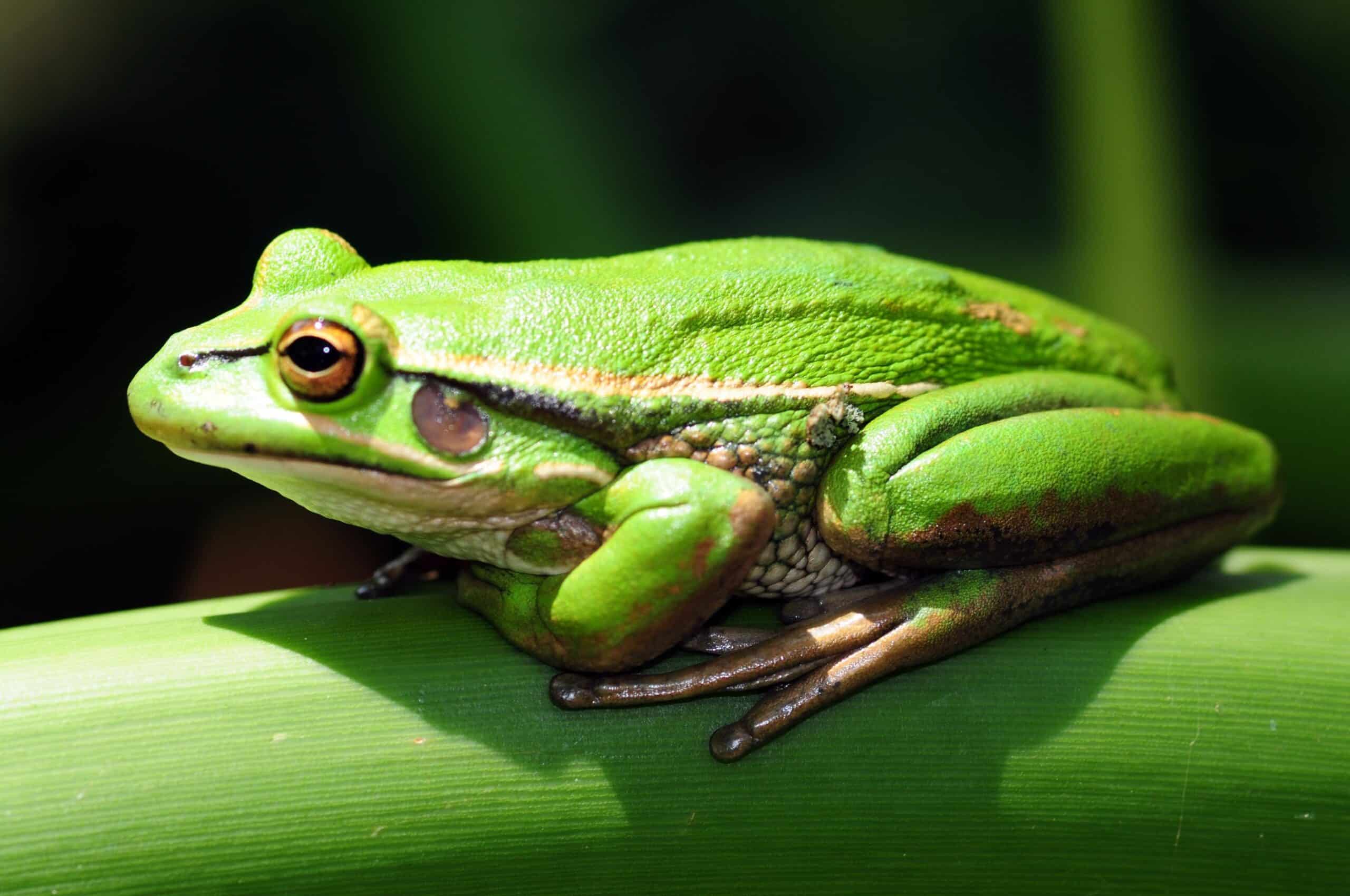Australia’s native animals are protected by law — but that protection comes with caveats. Across every state and territory, permits are routinely issued that allow property owners to kill native wildlife. Known in many jurisdictions as “damage mitigation permits,” these licences have quietly sanctioned the deaths of millions of animals...
This is a question that Humane Society International will pose to senators inquiring into the Government’s latest bill to amend our national environment laws.
We have been invited to give evidence to the senate committee hearing into the Environment Protection and Biodiversity Conservation (Standards and Assurance) Amendment Bill 2021.
The Bill is proposing to establish standards for decision making on environmental matters of national importance – matters like World Heritage sites, internationally significant wetlands, species threatened with extinction and the migratory species we share with other countries. The Bill also proposes an Assurance Commissioner to ensure that decisions stick to the standards. You would think these would be positive developments for us to welcome and I really wish we could. Sadly, we will be telling senators that there are some serious problems with what is proposed.
The first problem is that the standards the Government is proposing are shockingly bad as regular readers of our blog will have read before. They won’t improve decision making.
A second problem is that the Assurance Commissioner isn’t going to have any real teeth to pull up poor decision making. They will only be able to report on problems when they have become persistent and systemic, rather intervening on individual projects going awry.
A third problem is the weak standards and assurance system is proposed to oversee the devolution of powers for these nationally important matters to states and territories, and local governments. Our regular readers will know we think devolution is a grave risk to our most precious places and precarious species.
A fourth problem is this business of the public interest. The bill will allow the federal environment minister to take a decision that goes against the standards if they think it is in the ‘public interest’. The Bill doesn’t propose any real constraint on the minister’s discretion for what developments are in the public interest. A new dam, a road, a coal mine?
The exemption is also wholly unnecessary. The objects of EPBC Act already allow–if not encourage–the environment minister to weigh up short and long-term socio-economic interests with environment factors when approving developments. The EPBC Act also already has an exemption for the national interest. And the current national interest exemption has already been badly abused. Public interest has an even lower threshold than national interest because a public interest could be very localized.
One example of how the national interest exemption has been abused to allow harm to an endangered species is what HSI calls ‘Bat-gate’. It was April 2016 when a spotted gum flowering event saw an influx of about 100,000 grey-headed flying foxes come to roost in Batemans Bay.
Unbeknownst to the flying-foxes, they had arrived in the wrong place at the wrong time–the home of a marginal seat in the lead up to the federal election in July. Undoubtedly noisy and smelly, local residents were not happy. But since this was roughly a quarter of the remaining population for this threatened species, moving on these hungry animals would undoubtedly have a significant impact on them. The existing national interest exemption was used to bypass the usual environmental assessment process to approve dispersing the colony in time for the election. As if we couldn’t already see how blatantly political this all was, the Government even boasted about their ability to banish the bats in their election flyers.

With all of its many flaws, and a dangerous new exemption, Humane Society International Australia will be urging senators not to pass this Bill. Alongside the streamlining bill to devolve environment decision making to states and territories, it will make the extinction crisis worse.
Nicola Beynon is Head of Campaigns for Humane Society International in Australia. She has been attending International Whaling Commission meetings as a NGO advisor on Australian Government delegations for two decades. She was formerly a member of the Australian Recovery Team for humpback whales. A career highlight at HSI was taking the Japanese whalers to court and winning.


